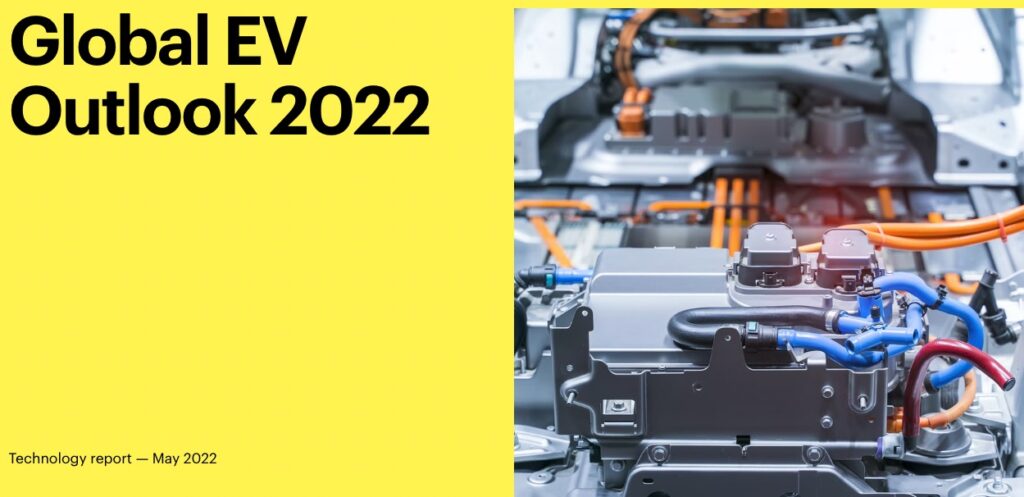
Global EV Sales Doubled in 2021 to 6.6 Million, Says Energy Agency

As electric vehicles (EVs) continue to increase in popularity, the surging sales are also putting a strain on other areas of the supply chain, where raw materials are being hit by inflationary pricing.
Global increases in EV sales have added even more pressure to supply chain issues with raw materials such as lithium, nickel and cobalt, according to Automotive News.
EVs, including both battery-electric and plugin hybrids, doubled in sales worldwide last year, to 6.6 million units sold, according to the International Energy Agency’s Global EV Outlook 2022 report.
However, amidst the increase in sales, a report from the IEA notes that nickel prices were seven times higher last May than at the beginning of 2021, while cobalt and nickel prices both nearly doubled.
Tesla Signs Nickel Supply Deal from Vale’s Canadian Operations https://t.co/BpiL4M3emC
— TeslaNorth.com (@RealTeslaNorth) May 6, 2022
High demand for EVs has, in turn, caused high prices for EV batteries and “unprecedented” demand for batteries and necessary minerals.
The report also said the surging raw materials prices were a result of “a lack of structural investment in new supply capacity.”
EV batteries make up around one-third of the total cost of EVs, and while battery prices dropped by 13 percent in 2020, the costs dropped more gradually in 2021 by just 6 percent to $132 per kilowatt in 2021.
According to IEA data, there were 16.5 million electric cars on the road in 2021, which is triple the number compared to 2018.
China saw EV sales triple in 2021 to 3.3 million, taking nearly 50% of the global total. Europe saw EV sales increase 65% to 2.3 million, while the USA more than doubled to 630,000. The report notes EVs in China were priced 10% higher than gas vehicles, whereas in other markets this number is at 45-50% higher.
“Few areas of the new global energy economy are as dynamic as electric vehicles. The success of the sector in setting new sales records is extremely encouraging, but there is no room for complacency,” said IEA Executive Director Fatih Birol, in a statement.
“Policy makers, industry executives and investors need to be highly vigilant and resourceful in order to reduce the risks of supply disruptions and ensure sustainable supplies of critical minerals. Under its new Ministerial mandate, the IEA is working with governments around the world on how to strategically manage resources of critical minerals that are needed for electric vehicles and other key clean energy technologies,” added Birol.
Earlier this month, EVs officially surpassed smartphones to become the top cobalt demand source.

